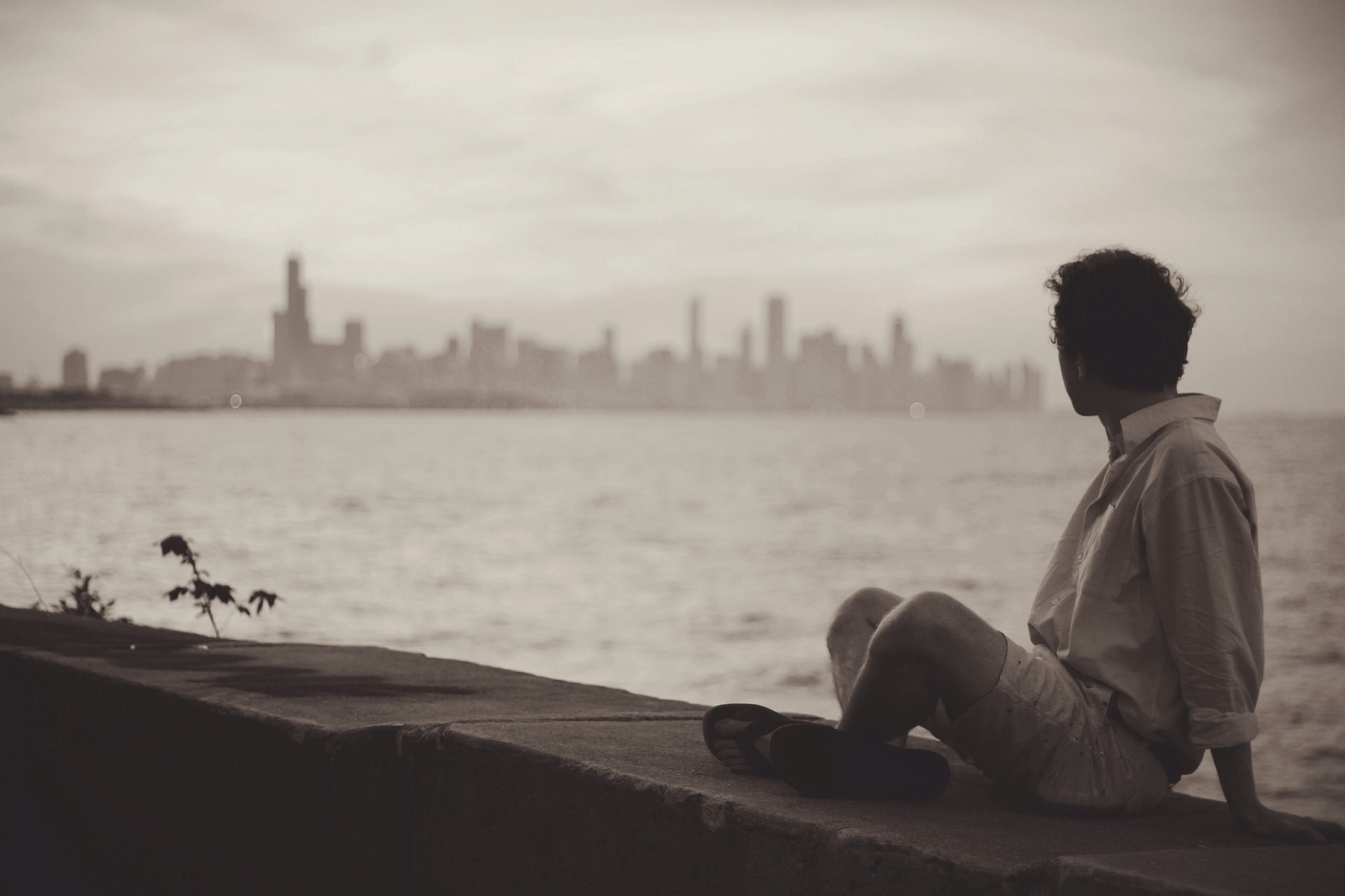An epidemic of isolation

Photo by Caleb George
A recently released report compiled by a Mount Royal University (MRU) student states that older adults in Calgary and the world over are facing an epidemic of isolation.
Cindy Calderson, a nursing student at MRU, conducted interviews with elders and faculty within her program to bring awareness to the perceptions of not only older adults in regards to social isolation, but also those of frontline healthcare providers.
Out of the MRU nursing faculty and students, 100 per cent agreed that loneliness and social isolation is an important public health issue, but 65 per cent reported that they did not receive formal training or education to support older adults who experience it.
From a survey of 158 frontline healthcare providers, 50 per cent responded they did not feel that “the current healthcare system does a good job of helping older adults who are experiencing loneliness and/or social isolation.”
The report also explains the difference between the two concepts: social isolation is considered an objective state, wherein individuals lack social ties and have little-to-no chance for connections with others.
Loneliness, however, is a more subjective concept: it’s a feeling of distress that can result from being socially isolated.
Both concepts, however, have been scientifically associated with negative health outcomes. Social isolation is comparable to smoking or excessive alcohol consumption when it comes to increased chances for re-hospitalization or depression in older adults.
Loneliness is believed to be on par with smoking 15 cigarettes a day, and is associated with diabetes, heart disease and poor mental health outcomes.
In Calgary, specifically, social isolation or loneliness is prevalent: one in four older adults in the city live alone and — nationally — 30 per cent of older adults are at risk for becoming socially isolated. Concepts such as illness, lack of accessible transportation and weakened support systems contribute to the prevalence of social isolation in older adults.
Not only are worsening mental and physical health outcomes a result of this isolation, the report states that cities and communities are negatively affected overall when older adults find themselves unable to engage and make connections.
“Socially engaged older adults are vital to Calgary, as they work, volunteer and contribute valuable knowledge skills and life experience to families, communities and organizations,” the report states. “Many built the schools, streets, homes, hospitals and communities we live in today and are an asset to Calgary.”
The report recommends a three pronged approach to oppose the negative effects of social isolation and its underlying causes.
First, it recommends empowering older adults themselves by helping develop resiliency skills, promoting awareness of resources available to them and always involving older adults in the decision making process.
This helps encourage the human dignity of older adults, which respondents to Calderson’s report cited as an important factor.
“When one diminishes another in any way shape or form there is an assault on the dignity of both humans,” responded one anonymous older adult.
Next, the report recommends formal education for frontline providers, helping them properly assess potential cases of isolation and ascribe proper resources in those cases.
Finally, it states that continued collaboration through many organizations and community programs to bridge communication will help create a proper safety net for Calgarians at-risk for social isolation.
“While tackling loneliness and social isolation is a complex social issue, there is great potential in making a difference in Calgary,” the conclusion of the report reads.
“This is accomplished by working collaboratively with the education, health and community sectors to empower the older adult population by enabling their contributions in creating a more just society.”
